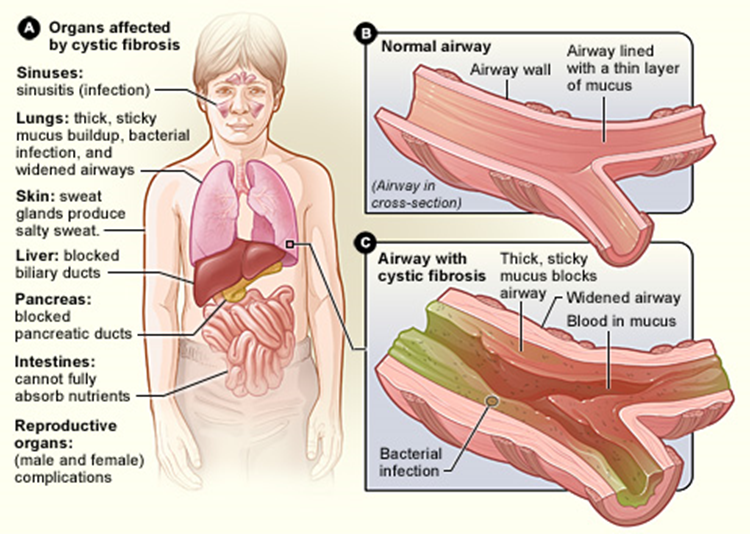The nurse is caring for a 12 kg toddler who is diagnosed with dehydration following a history of vomiting and diarrhea. She has received two fluid boluses and now has an order for D5/0.45 NaCl at full maintenance. After calculating daily fluid requirements, at what hourly rate would the nurse set the pump? Round to the nearest whole number and just insert the number.
The Correct Answer is ["46"]
To provide adequate hydration for a toddler with dehydration, the nurse needs to calculate the daily fluid requirements based on the child's weight and then divide it by 24 hours to get the hourly rate.
For a 12 kg toddler, the daily fluid requirement is 1000 ml for the first 10 kg plus 50 ml for each additional kg, which equals 1100 ml.
Therefore, the hourly rate is 1100 ml / 24 hours, which is about 46 ml.
The nurse would set the pump at 46 ml per hour.
Nursing Test Bank
Naxlex Comprehensive Predictor Exams
Related Questions
Correct Answer is C
Explanation
A. Ridiculing their fears so they understand that there is no need to be afraid.
This option is not recommended. Ridiculing a child's fears can be emotionally harmful and may lead to increased anxiety. It's important to approach fears with empathy and support.
B. Using logical persuasion to explain away their fears and help them recognize how unrealistic the fears are.
While providing information and reassurance is important, simply dismissing or explaining away a child's fears may not be sufficient. Preschoolers may need more concrete strategies and involvement in managing their fears.
C. Actively involving them in finding practical methods to deal with the frightening experience.
This is the recommended choice. Actively involving preschoolers in finding practical methods allows them to participate in the process, promoting a sense of control and autonomy. It encourages them to develop coping skills.
D. Forcing them to confront the frightening object or experience in the presence of their parents.
Forcing a child to confront their fears may intensify anxiety and is generally not a recommended approach. It's essential to respect a child's pace and provide support as they work through their fears.
Correct Answer is D
Explanation
A. Bronchiolitis:
Bronchiolitis is typically characterized by inflammation of the bronchioles, causing symptoms such as wheezing and respiratory distress. However, the symptom of tasting salt on the skin is not directly associated with bronchiolitis.
B. Pharyngitis:
Pharyngitis, or inflammation of the throat, may cause symptoms like a sore throat, but it is not typically associated with a salty taste on the skin.
C. Asthma:
Asthma is a chronic condition characterized by airway inflammation and bronchoconstriction. While it can cause respiratory symptoms, it is not specifically associated with a salty taste on the skin.
D. Cystic Fibrosis:
Cystic Fibrosis is a genetic disorder that affects the respiratory, digestive, and reproductive systems. It often leads to salty-tasting skin due to increased salt content in sweat. The presence of a salty taste on the skin can be a significant indicator of cystic fibrosis.

Whether you are a student looking to ace your exams or a practicing nurse seeking to enhance your expertise , our nursing education contents will empower you with the confidence and competence to make a difference in the lives of patients and become a respected leader in the healthcare field.
Visit Naxlex, invest in your future and unlock endless possibilities with our unparalleled nursing education contents today
Report Wrong Answer on the Current Question
Do you disagree with the answer? If yes, what is your expected answer? Explain.
Kindly be descriptive with the issue you are facing.
